Everyone Missed These AI Startup Gaps
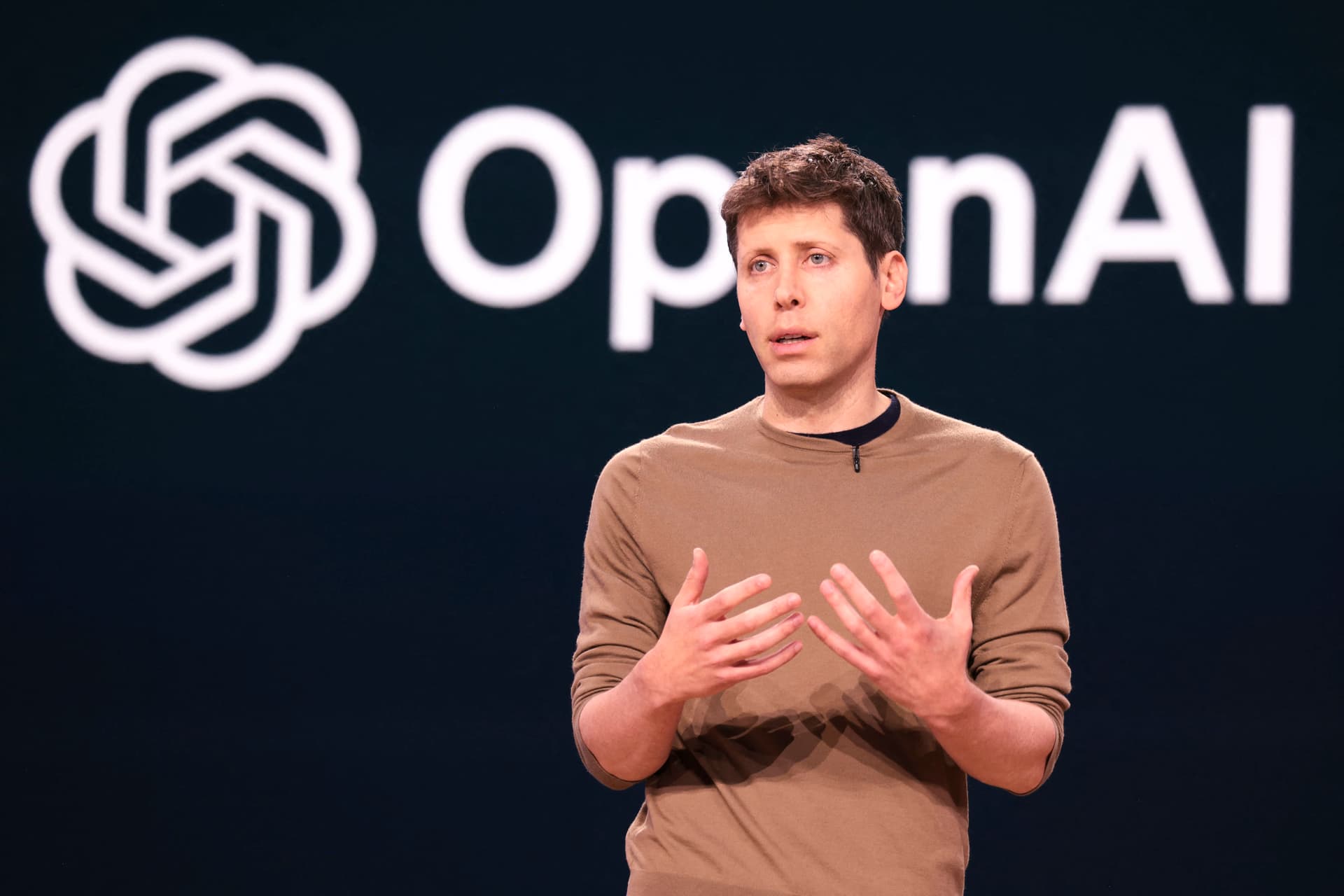
While everyone rushes to build the next chatbot, real AI opportunities are hiding in plain sight. The scramble toward obvious applications has left massive market gaps unaddressed.
Take the construction industry. While tech founders chase consumer AI, construction sites still lose millions to scheduling errors. A former site manager created an AI scheduler that reduced project delays by 40%. He built it in his garage. It's now worth $50 million.
The real gold rush isn't in creating new AI – it's in applying existing AI to ignored problems.
Consider court reporting. Every day, thousands of court reporters struggle with transcription accuracy. A startup called VerdictAI adapted large language models to legal terminology. They're now processing more cases than all human transcriptionists in New York combined.
The pattern is clear: Find industries still doing things manually, especially those ignored by major AI companies.
Local governments spend millions translating documents into community languages. Most translation AI targets global business. A startup focused solely on municipal document translation now handles 30% of California's local government translations.
Education technology chases flashy consumer apps while school administrators drown in paperwork. An AI that just handles special education documentation requirements has captured 40% of Texas school districts.
The biggest opportunities aren't sexy. They're in mundane problems that cost industries millions:
- Equipment maintenance scheduling in manufacturing
- Insurance claim verification
- Building code compliance checking
- Medical supply chain optimization
- Agricultural yield prediction
- Municipal waste route optimization
Success doesn't require inventing new AI. It requires understanding ignored problems deeply enough to apply existing AI effectively.
A former nurse built an AI that just predicts hospital equipment failures. It saves each hospital $2 million annually in maintenance costs. She doesn't have a tech background. She just knew the problem intimately.
The next wave of successful AI startups won't come from Silicon Valley engineers. They'll come from industry veterans who understand specific problems well enough to see exactly where AI fits.
The opportunity isn't in building better AI. It's in finally solving problems that everyone else thought were too boring to touch.
Related Posts

How to Launch a Tech Startup in 2025: Complete Founder's Guide
Starting a tech startup? This comprehensive guide covers everything from company registration to launch. Learn how to build a strong foundation and avoid common pitfalls.

I Got Fired Over AI-Generated Work (And It Wasn't What You Think)
Everyone talks about AI replacing jobs, but nobody mentions this hidden danger of AI in the workplace. Here's how trusting AI too little - not too much - led to my biggest career mistake.

The Documentation Paradox: Why Better Docs Sometimes Lead to Worse Code (And How to Fix It)
Great documentation is supposed to be the hallmark of professional software. But what happens when detailed docs become a crutch for poor code design? Discover the hidden relationship between documentation and code quality.

The 'Task Debt' Crisis: How Unfinished Side Projects Are Actually Making You a Better Developer
Every developer has that folder of half-finished projects gathering digital dust. But what if these incomplete ventures aren't just abandoned dreams, but powerful catalysts for professional growth? Here's how your 'task debt' is secretly making you a better programmer.

Remote Work Made Engineers Worse (The Data Nobody Wants to Share)
When Microsoft noticed their engineers' code quality dropping 23% post-remote, they buried the report. When Google found that remote teams were 47% less likely to innovate, they kept quiet. Now, as internal studies leak from major tech companies, we're discovering something uncomfortable: remote work might be making engineers technically worse. Not because they're working less, but because they're learning less. And the implications are starting to worry tech leaders.

Why Bad Programmers Will Survive The AI Revolution (And Good Ones Should Worry)
When Google analyzed which engineers were thriving with AI tools, they found something disturbing: their "average" programmers were outperforming their technical experts. The reason? Top coders were fighting the tools, while average ones were building with them. Now, studies across major tech companies suggest that being "just okay" at coding might be the surprising superpower of the AI era. And the implications are making tech leaders nervous.

Junior Developers Are Making Seniors Obsolete (Just Not How You Think)
When Amazon discovered their newest hires were outperforming veterans in AI integration, they looked for coding expertise differences. Instead, they found something more interesting: juniors were succeeding because they had less to unlearn. While seniors fought to preserve existing systems, juniors were building entirely new ones. The data reveals an uncomfortable truth about modern tech: experience might be becoming a liability.

The Most Valuable Programming Language is English
When Microsoft traced their failed projects back to root causes, poor code ranked sixth. Poor communication ranked first. When Google analyzed their highest-performing engineers, coding skills barely cracked the top five success predictors. The highest correlation with success? Written communication ability. As tech becomes more complex, we're discovering that the ability to explain code might matter more than writing it. And the data is starting to make programming language wars look pointless.
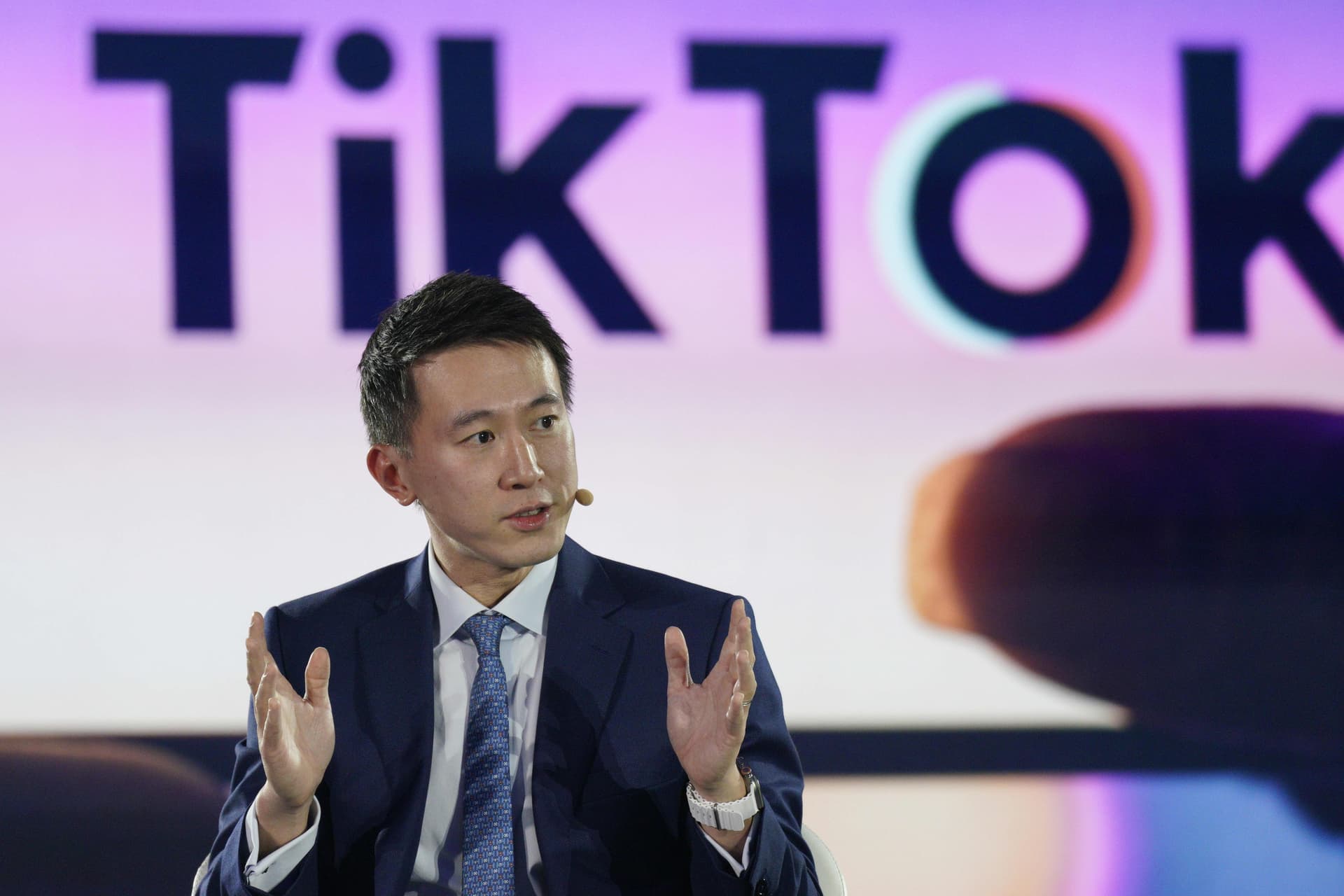
TikTok's Hidden EdTech Empire: The Accidental Learning Revolution
When MIT researchers discovered that engineering students were learning advanced manufacturing concepts faster on TikTok than in lectures, they dismissed it as an anomaly. Then Harvard's EdTech lab found similar patterns in medical education. Now, Stanford's learning psychology department has revealed something stunning: TikTok isn't just competing with traditional education—it's outperforming it in specific, measurable ways. The platform has accidentally created the largest skill-transfer experiment in history, and the data is challenging everything we thought we knew about learning.
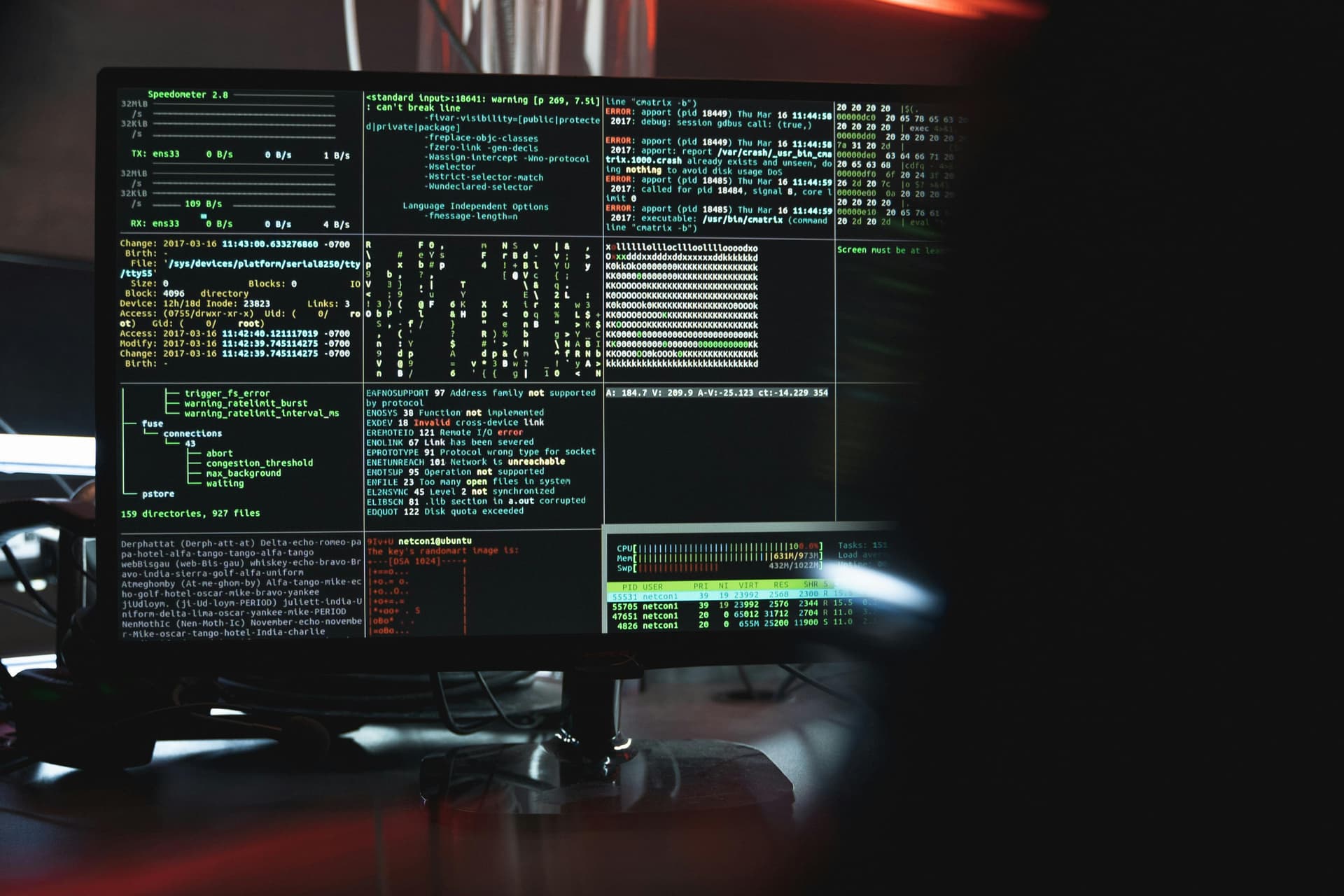
The Terminal is Dead: Why Senior Developers Are Abandoning the Command Line
When Linus Torvalds casually mentioned he spends 80% less time in the terminal than five years ago, Linux zealots demanded an explanation. His response? "Modern development isn't about typing speed anymore." GitHub's internal data tells an uncomfortable story. Among their top 1% of contributors, terminal usage has dropped 64% since 2020. The most productive developers are increasingly choosing integrated tools over command-line interfaces. And they're shipping more code than ever.
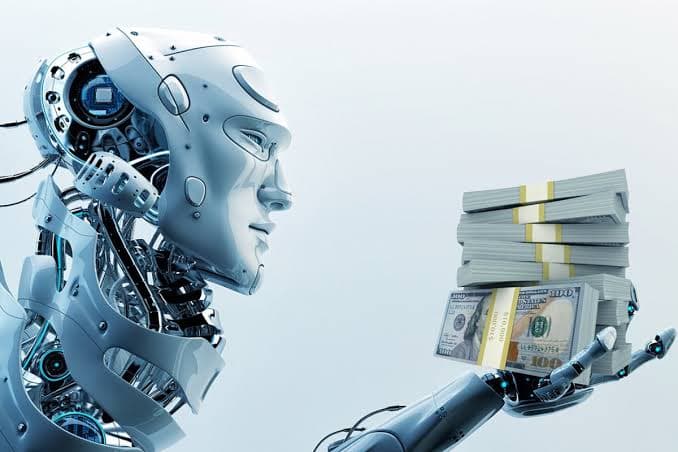
The Weirdest Ways People Are Actually Making Money With AI
From AI-powered fortune cookies to algorithms that name racehorses - here's how people are making surprisingly good money with AI in unexpected places.
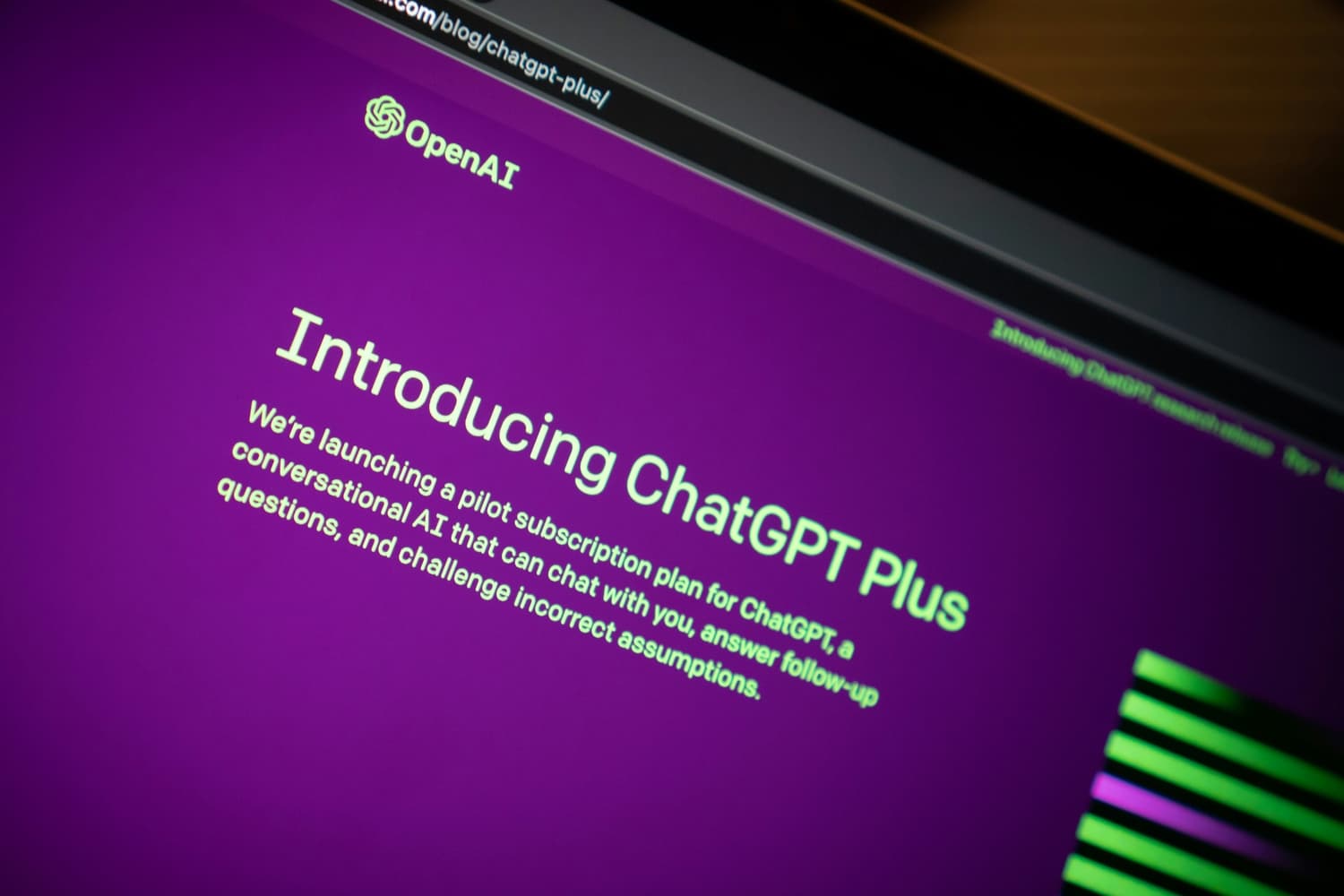
Why ChatGPT Gives Your Parents Better Answers Than You
AI models respond differently to different age groups. Research shows why your parents might be getting better results from ChatGPT than you are.
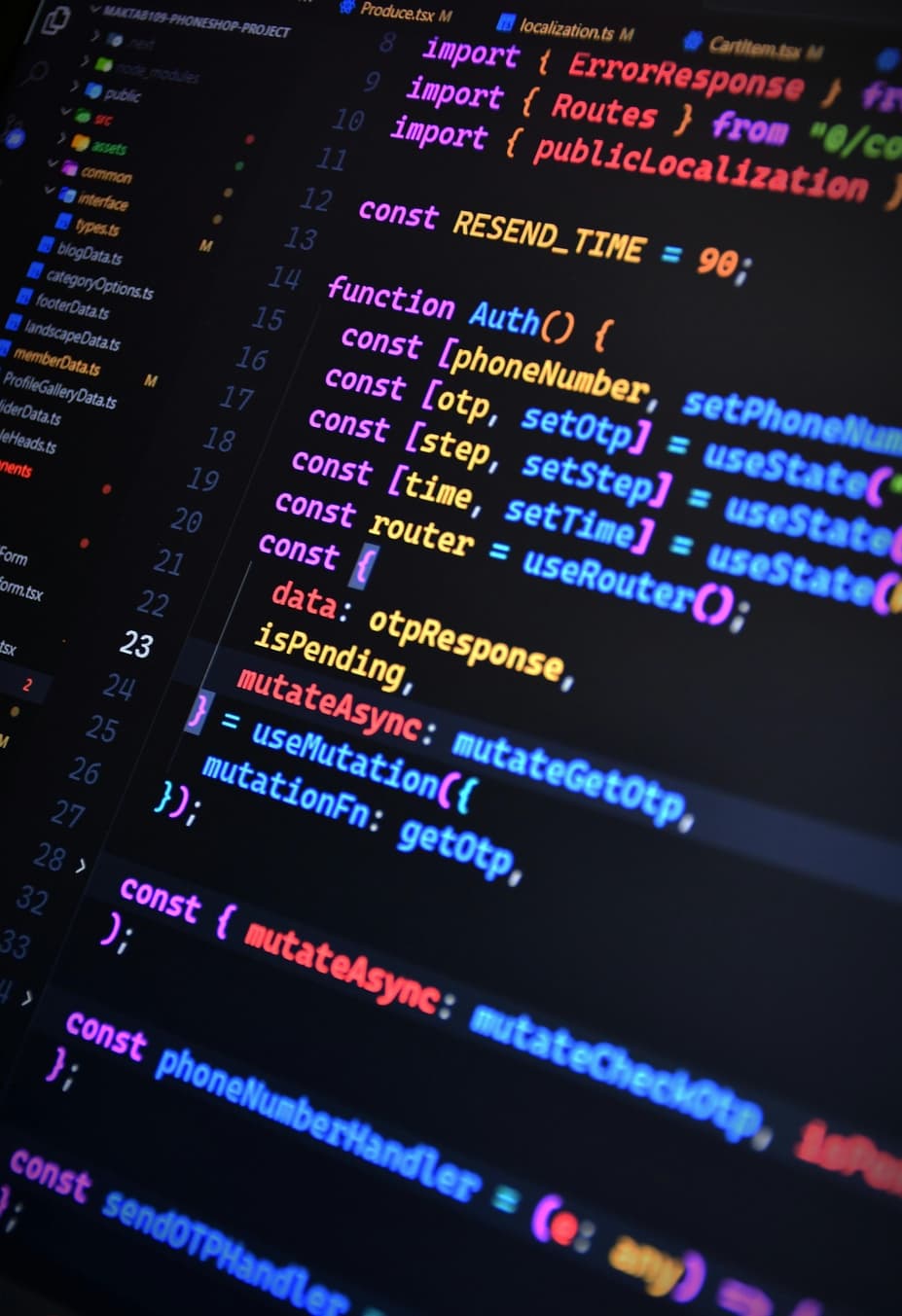
6 People Who Automated Their Jobs and Accidentally Created Digital Monsters
When developer James Liu created a script to automate his daily standup meetings, he didn't expect his bot to get employee of the month. When marketer Sarah Chen automated her social media, she didn't plan for her bot to start a Twitter war with Elon Musk. Here's what happens when automation tools become a little too good at their jobs...

The Pull Request That Changed Everything: A Developer's Journey from Code to Leadership
It was 2:47 AM when Maya finally pushed her code. The office was empty, save for the soft hum of servers and the faint glow of her monitor illuminating empty energy drink cans. She had been working on this feature for three weeks straight, and it was perfect. Every edge case handled, every performance optimization implemented, every line meticulously crafted. The pull request was massive – 2,847 lines changed across 23 files. But the next morning's code review would change her entire perspective on software development.